An Iconic Fusion of Simplicity, Symbolism, and Shock
The commercial “This is your brain on drugs,” created by the Ad Council for a Drug-Free America in the 1980s, is considered one of the most memorable public service announcements in TV history. Its effectiveness lies in its simplicity, deep symbolism, and shocking visuals, represented by an egg frying in a skillet. This iconic image served as a warning about the dangers of drug use. By examining its symbolic features – the egg as the brain, the frying oil as the drug, and the act of frying as the brain on drugs – we can gain a better understanding of its lasting impact.

1. Simplicity: Accessibility and Directness
The strength of the ad is in its simplicity. Within seconds, viewers are presented with a clear and direct message about the dangers of drug use. The narrative is not convoluted with long-winded explanations or medical jargon. Instead, it uses universally understood symbols – an egg and a frying pan – to convey a complex topic. In an era where people are bombarded with information and advertisements, this PSA’s straightforwardness makes it stand out, allowing it to be easily understood and remembered.
2. The Egg as the Brain: Vulnerability and Potential
The use of an egg as a metaphor for the brain was a brilliant move. The fragility of an eggshell is like the delicate nature of our brain. Though our minds are resilient in many ways, external influences like drugs can cause harm. The egg also represents potential, much like the human brain, which has the possibility of growth, learning, and creativity. The commercial effectively illustrates how drugs can devastate our brain’s potential by implying that they can fry this ‘egg.’
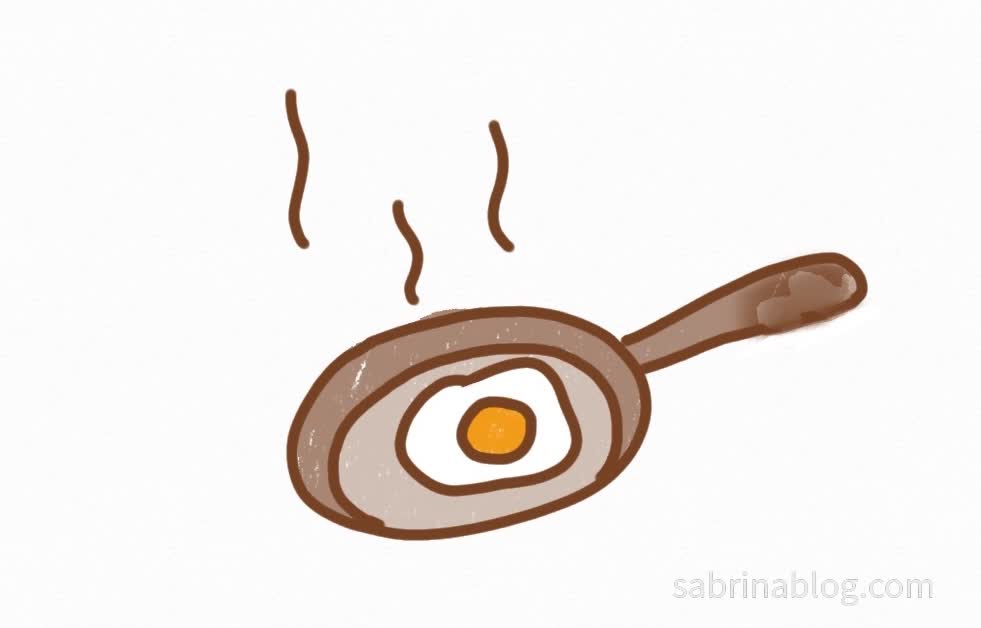
3. The Oil as the Drug: The Invading Destructive Force
The sizzling oil in the commercial is not just a medium for cooking the egg but also a symbol of the drug itself. When the egg, which represents our brain, comes into contact with the oil (drugs), a violent reaction occurs. This is a powerful metaphor for how drugs can quickly and devastatingly alter the chemistry of the brain.
Moreover, the heated nature of the oil implies the allure and initial ‘high’ that drugs might offer. However, as the frying process demonstrates, this heat – though tempting – causes irreversible damage. Just like oil can irreparably change the egg’s state, drugs can have long-lasting harmful effects on the brain.
4. The Act of Frying: The Shock Factor
The most impactful part of the commercial is when the egg is fried. As the audience watches the egg crack open and its insides spill into the skillet, they see a clear warning of the immediate and lasting effects of drug use on the brain. The egg whites and yolk bubble, sizzle, and eventually harden, creating a rapid and irreversible transformation. The audible sizzle of the egg frying is jarring, demanding attention and leaving an indelible impression on the viewer, equating the horror of a frying egg with the devastating effects of drugs.
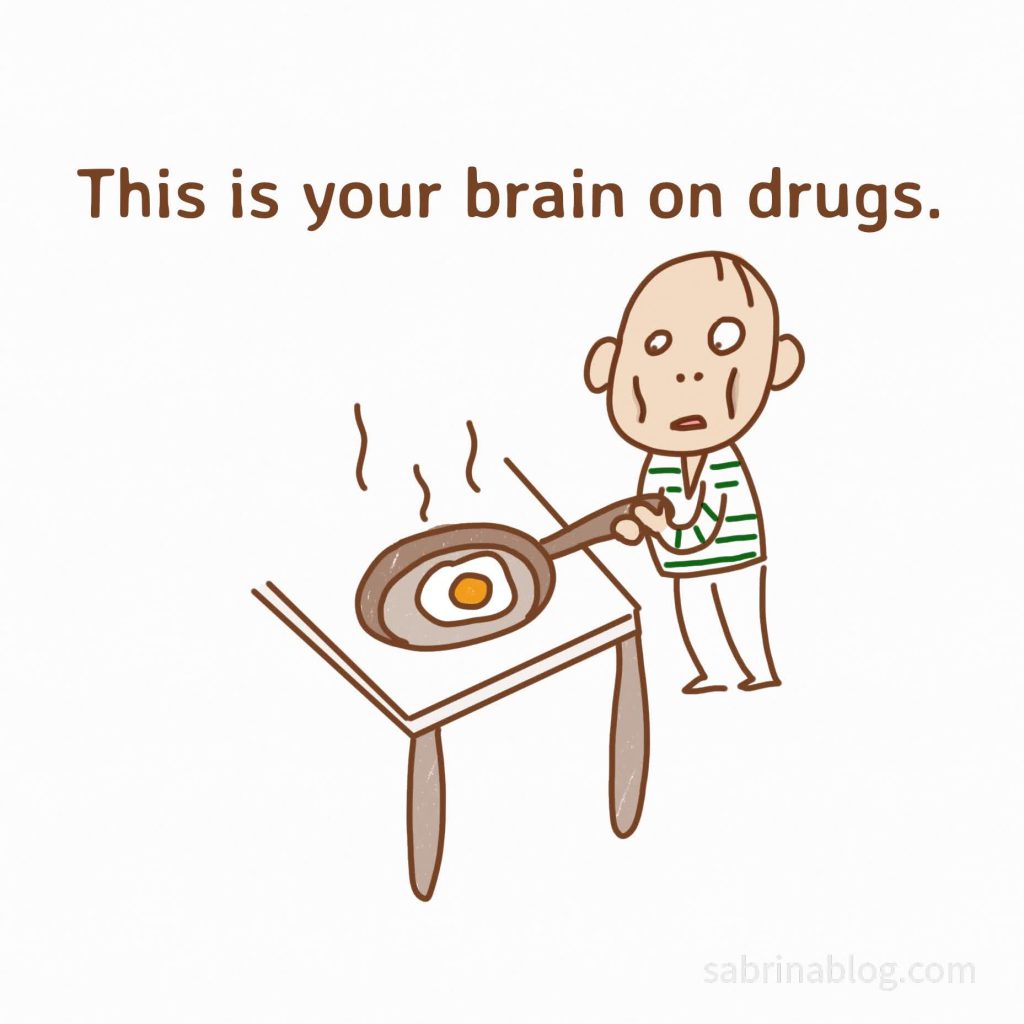
5. Evocative Emotion: A Sense of Loss and Warning
The commercial is not just informative, but it also strikes an emotional chord. Watching the frying process creates a sense of loss, as the egg loses its original form and potential, similar to how drug exposure can destroy a healthy brain and the possibilities it holds. This mournful tone adds depth to the PSA, making it more than just an informative piece but one that touches the heart.
Moreover, the act of frying serves as a clear warning. It’s a visceral demonstration of the consequences of drug use. Without using fear tactics or overly graphic imagery, the commercial manages to convey the serious risks of drug use.
Conclusion
The commercial “This is your brain on drugs” serves as an example of how symbolism and simplicity can effectively convey a message. By using everyday items, such as an egg and a skillet, the creators were able to communicate the dangers of drug use in a direct and deeply evocative way. The brilliance of this PSA lies in its ability to go beyond simple information dissemination, captivating its audience with a straightforward yet profound narrative. It remains an iconic PSA because it taps into universal truths and emotions, making it as relevant today as it was in the 1980s. In fact, this is a very good example that you can adopt in a marketing campaign.
Please leave your feedback in the comment section and share this article on your social media platforms. ↓

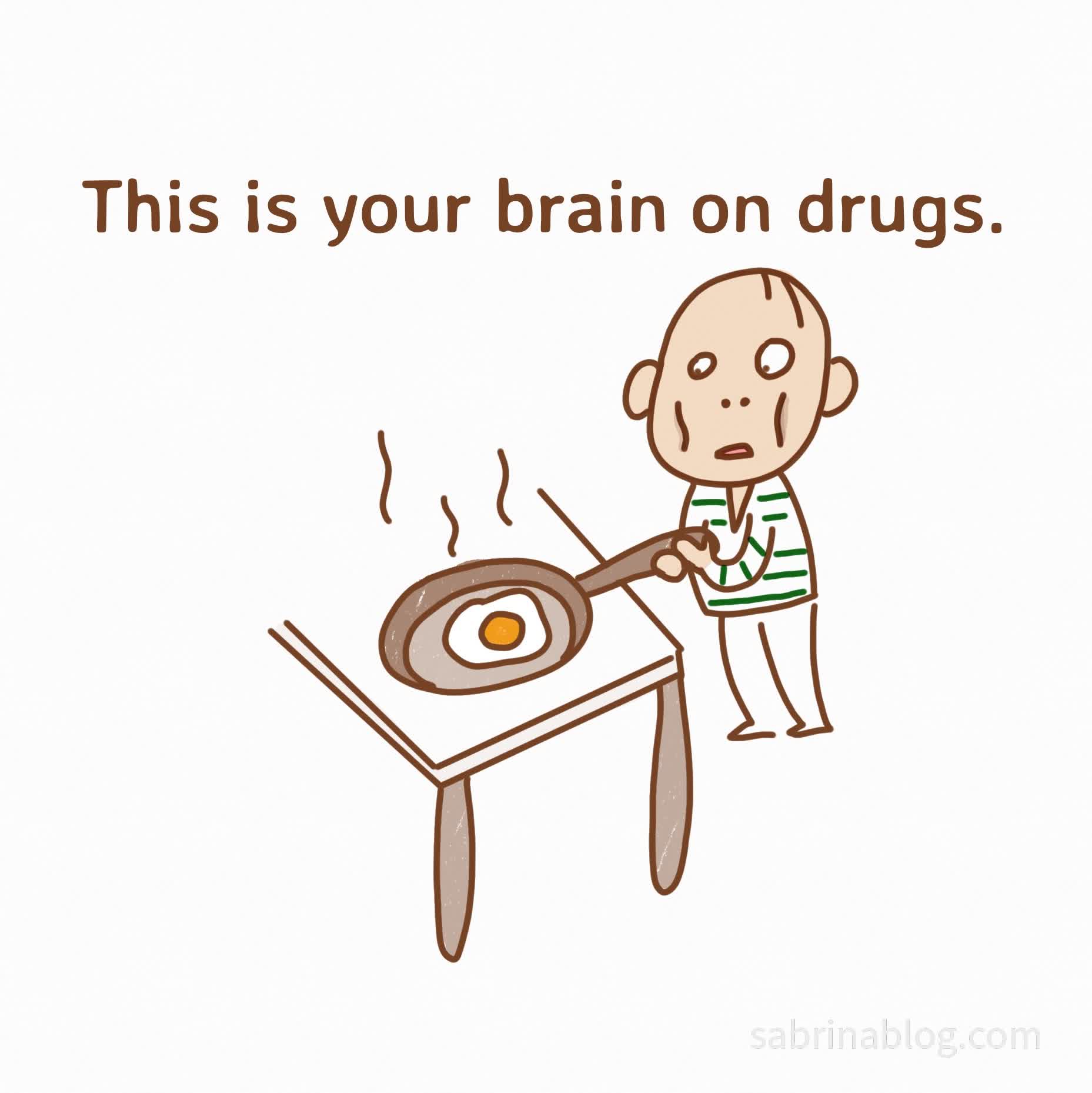
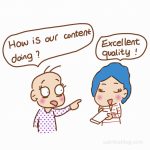
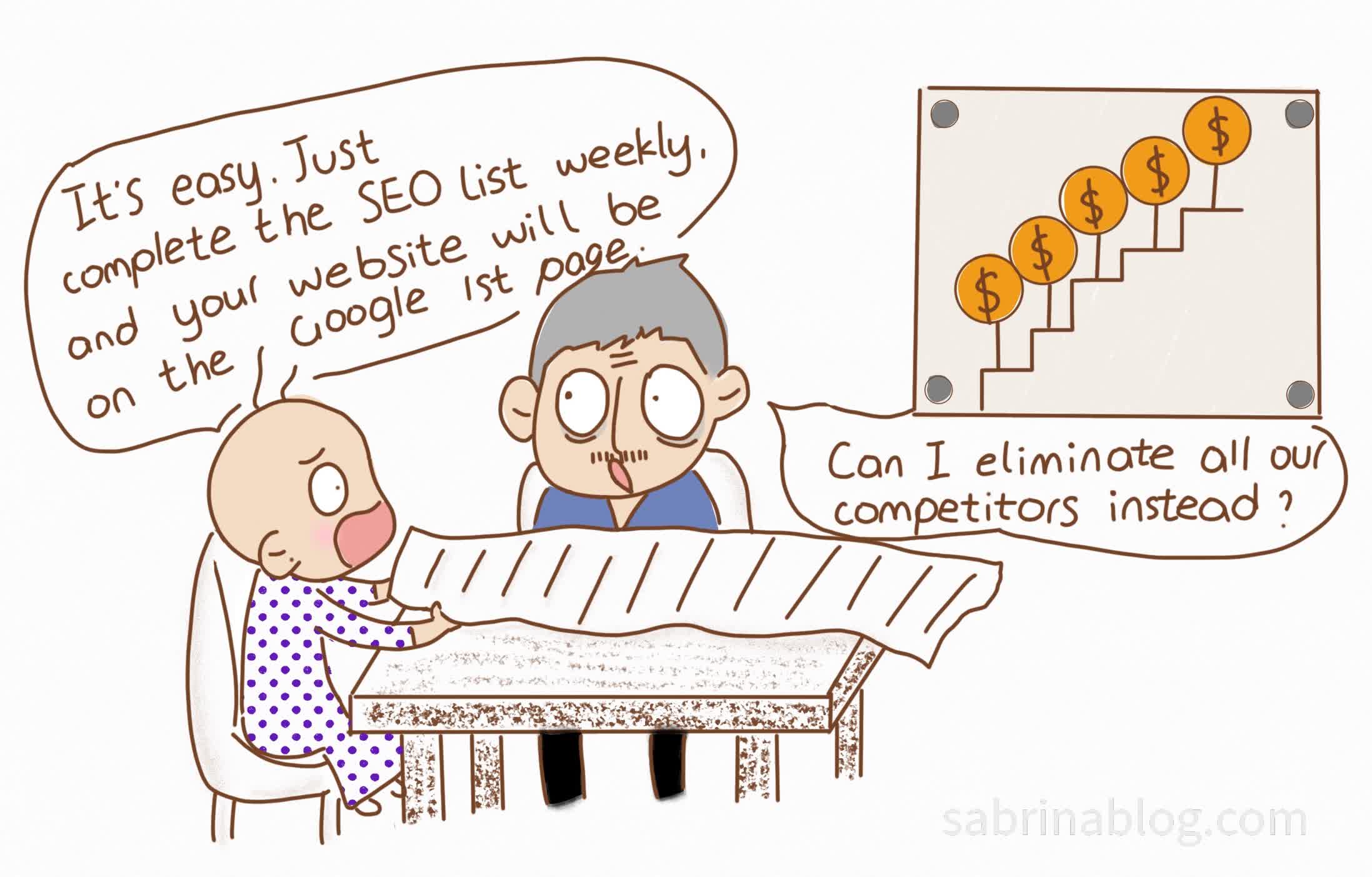
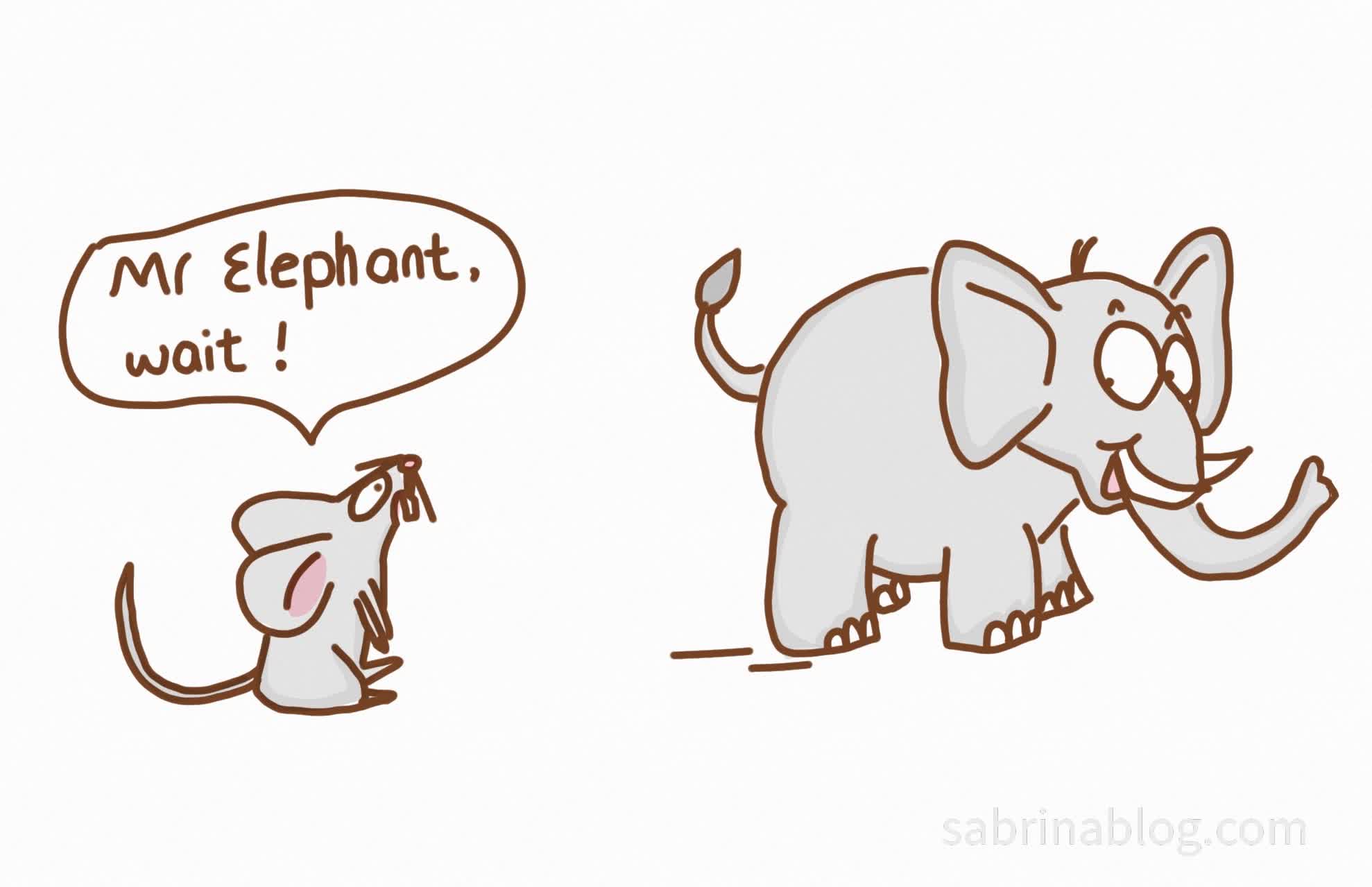
Leave a Reply
You must be logged in to post a comment.